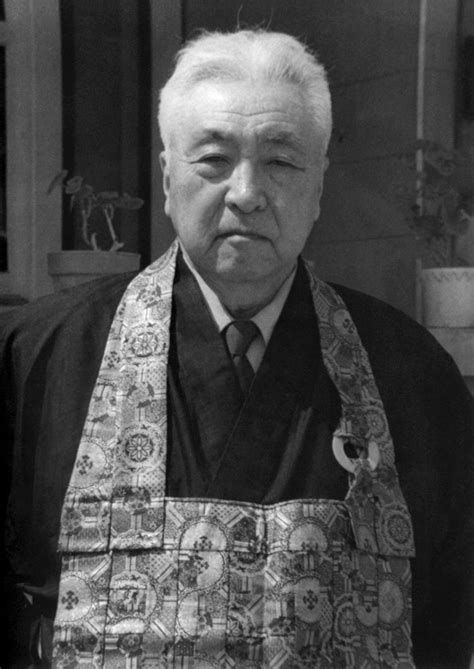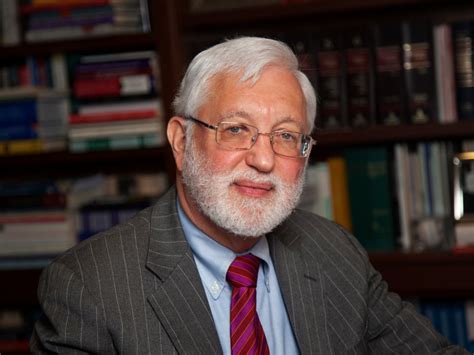A Quote by Ingmar Bergman
Related Quotes
Leaders trust their guts. "Intuition" is one of those good words that has gotten a bad rap. For some reason, intuition has become a "soft" notion. Garbage! Intuition is the new physics. It's an Einsteinian, seven-sense, practical way to make tough decisions. Bottom line, circa 2001 to 2010: The crazier the times are, the more important it is for leaders to develop and to trust their intuition.
When one devotes oneself to meditation, mental burdens, unnecessary worries, and wandering thoughts drop off one by one; life seems to run smoothly and pleasantly. A student may now depend on intuition to make decisions. As one acts on intuition, second thought, with its dualism, doubt and hesitation, does not arise.
Intuition is a combination of insight and imagination that was once attributed to spiritual communication. Mathematicians call it 'fuzzy logic,' drawing conclusions from vague or subjective input. The mind becomes aware without the direct intervention of reasoning. Once you can imagine something you can begin the process of creating it. Executives use intuition to make many product, investment, and hiring decisions, even if they deny it. Success in business may depend on an accurate gut.
Decision-making is difficult because, by its nature, it involves uncertainty. If there was no uncertainty, decisions would be easy! The uncertainty exists because we don't know the future, we don't know if the decision we make will lead to the best possible outcome. Cognitive science has taught us that relying on our gut or intuition often leads to bad decisions, particularly in cases where statistical information is available. Our guts and our brains didn't evolve to deal with probabilistic thinking.





































